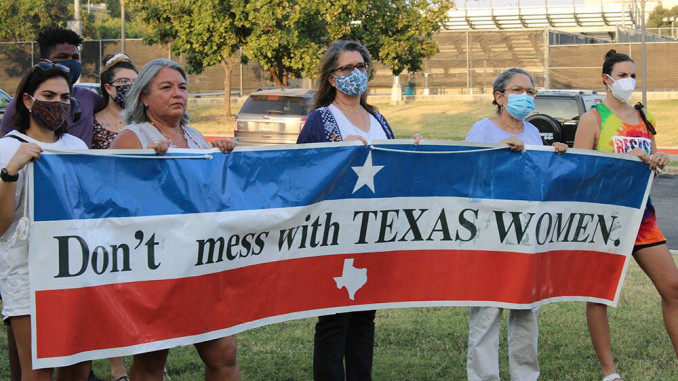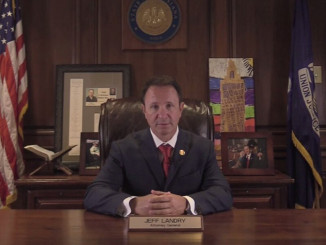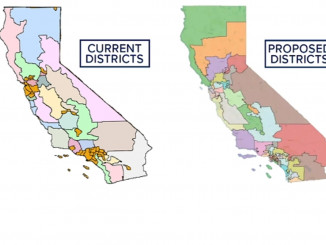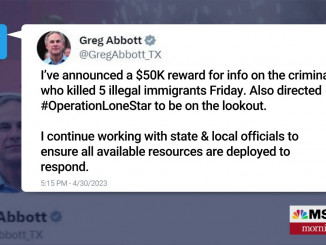
Texas has passed a law banning abortions after about six weeks of pregnancy, the most restrictive law of its kind in the United States. The “Heartbeat Act” prevents doctors from performing abortions after fetal cardiac activity can be detected, usually occurring at around six weeks. Given that most are not aware they’re pregnant this early, this law essentially denies most Texans the ability to get an abortion. Cases of rape or incest are not even deemed exceptions.
Unlike previous attempts to tightly restrict abortion, this law relies not on government for enforcement, but private citizens. Under the new Texas law, anyone can sue abortion providers – or anyone who aids and abets in the process, such as clinic staff or family members – creating the possibility of a slew of “vigilante lawsuits.” What’s more, these lawsuits can earn plaintiffs up to $10,000 in damages, incentivizing this twisted “vigilante justice.” And the Supreme Court has already upheld the new law.
Texas is not the only state that has tried, successfully or otherwise, to limit access to abortions. In fact, the Guttmacher Institute recently announced that 2021 has been “the worst legislative year ever for U.S. abortion rights.” Mississippi is currently in the middle of a Supreme Court Case to prevent most abortions after 15 weeks of pregnancy. If the proposed law is allowed to stand, it would put the right to access abortions at risk in all states. And with the Supreme Court’s fast decision on Texas, more state legislatures are considering similar bills.
While it’s true patients can go out of state to access abortions, the average distance a Texan will now need to travel to get an abortion has increased from 12 miles to 248 miles. This is a distance inaccessible to the poor, who must also take into account time off from work, travel expenses, and childcare costs.
For those with means, these restrictions may not matter as much. The rich can travel or find a private doctor to perform this service for the right price. But the poor, who are often denied access to affordable birth control in the first place, will suffer immensely. And for those who are desperate to prevent giving birth – a child annually costs more than $10,000 to raise – abortions will still happen. But they’ll be performed without medical supervision, in unsafe and potentially deadly ways.
We cannot leave our fate up to lawmakers or the courts. Control of our own bodies should not be decided by a legal system set up by 18th Century white, property-owning males, and that still today persecutes women, People of Color, and other oppressed groups. We should decide what happens with our bodies. And it’s clear that if we want to stand up to these attacks, we’re going to have to have to organize and lead the fight ourselves – that’s the only way anything has ever changed for the better.




